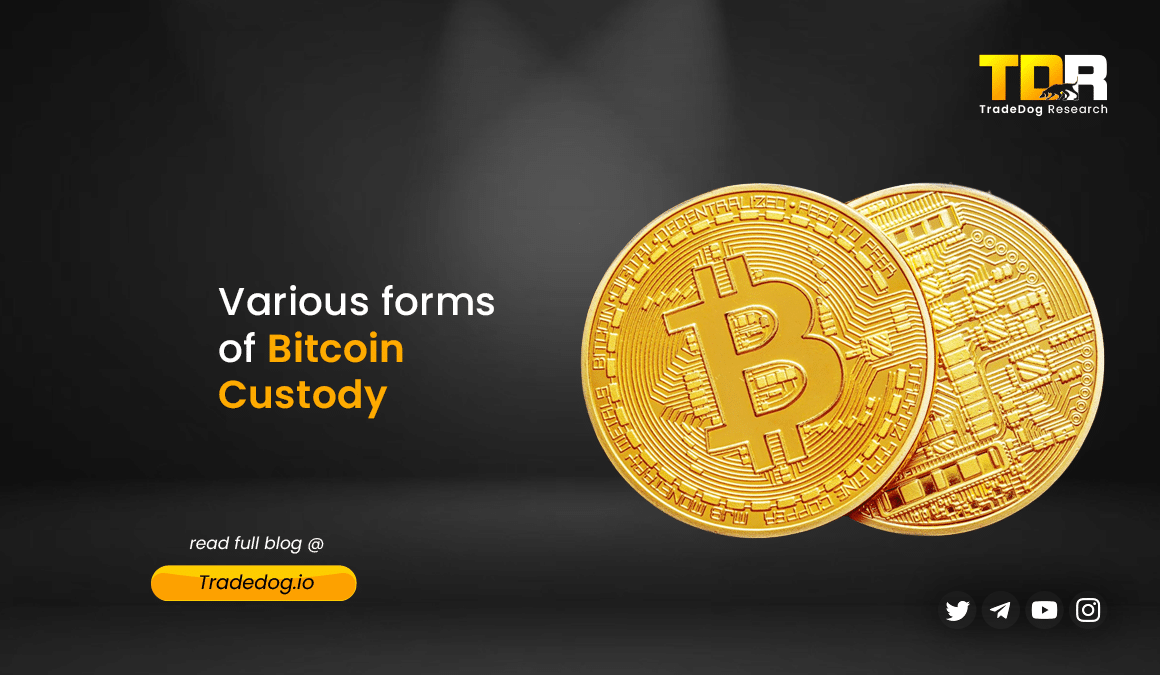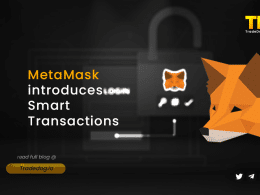Quick Links
Bitcoin, the first and most popular cryptocurrency, has taken the world by storm. Its value proposition as a digital store of value and its potential for high returns have attracted a growing number of investors. As its value continues to rise, so does the need for secure storage solutions. This begs the question: how do you keep your Bitcoin safe? This is where Bitcoin custody comes in.
What is Bitcoin Custody and Why is it Important?
Bitcoin custody refers to the practice of storing your Bitcoin holdings securely. Unlike physical assets like cash or gold, Bitcoins are not stored in a physical location. Instead, they exist on a digital ledger called a blockchain, and access to them is controlled by cryptographic keys. Bitcoin custody essentially deals with the safekeeping of these private keys, which grant access to your Bitcoin holdings.
Securing your Bitcoins is crucial because losing your private keys is akin to losing your Bitcoins forever. There are no central authorities to help recover lost funds, highlighting the importance of choosing a reliable custody solution.
Different Forms of Bitcoin Custody
There are two main categories of Bitcoin custody: centralized custody and self-custody. Each offers distinct advantages and disadvantages, making the choice a personal one that depends on your risk tolerance, technical expertise, and investment goals.
Centralized Custody
Centralized exchanges (CEXs) are platforms that function like online stock exchanges, but for cryptocurrencies. They act as a custodian for your Bitcoin, simplifying the buying, selling, and trading process. For beginner investors, CEXs like Binance, OKX, and Coinbase offer a convenient and user-friendly way to enter the cryptocurrency market. Reputable exchanges like Coinbase and Kraken implement strong security measures and comply with relevant regulations. Additionally, they often provide easy fiat on-ramp solutions, allowing users to purchase Bitcoin using traditional currencies.
However, convenience comes at a cost. By entrusting your Bitcoin to a CEX, you relinquish control over your assets. This means the exchange holds the ultimate authority over your assets. If the exchange is hacked or goes bankrupt, your Bitcoin holdings could be at risk. Additionally, some CEXs may restrict your ability to withdraw your Bitcoin or impose limitations on how you can use it.
Self-Custody
Self-custody empowers you to take full responsibility for safeguarding your Bitcoin. This approach grants complete control over your private keys, aligning with the core principles of decentralization championed by the cryptocurrency community. A popular mantra within the crypto space is “not your keys, not your crypto,” highlighting the importance of self-custody for those who prioritize control.
There are two primary methods for self-custody: hot wallets and cold wallets.
Hot Wallets: These are software applications installed on your computer or mobile device. They provide easy access to your Bitcoin and enable you to conduct transactions directly. However, as they remain connected to the internet, they are inherently more vulnerable to hacking attempts. Hot wallets are best suited for storing smaller amounts of Bitcoin that you plan to trade frequently.
Cold Wallets: Cold wallets offer superior security by storing your private keys offline. Hardware wallets, which resemble USB drives, are a popular form of cold storage. When needed, the hardware wallet can be connected to a computer to perform transactions. Cold storage solutions are ideal for safeguarding larger Bitcoin holdings that you intend to hold for a long-term investment.
Security Best Practices for Self-Custody
While self-custody offers greater control, it also comes with increased responsibility. Here are some essential security practices to follow:
- Securely store your private keys: Never share your private keys with anyone. Consider using a paper wallet or a metal wallet for offline storage.
- Multi-signature wallets: For an extra layer of security, consider using multi-signature wallets, also known as multisig wallets. These wallets require multiple private keys to authorize a transaction, adding an additional safeguard against unauthorized access.
- Enable two-factor authentication (2FA): This adds an extra layer of security by requiring a second verification code to access your wallet.
- Use strong passwords and keep them confidential: Avoid using easily guessable passwords and never share them with anyone.
- Seed Phrase Security: Treat your seed phrase with the same importance as your private key. Memorize it or store it securely offline. Hardware wallets often come with recovery sheets where you can write down your seed phrase.
- Software Updates: Always keep your wallet software and device firmware updated to benefit from the latest security patches and address any vulnerabilities.
- Beware of phishing scams: Phishing emails or websites may try to trick you into revealing your private keys. Be cautious of any unsolicited communication claiming to be from a legitimate source.
Specialist Custodial Institutions
Specialist custodial institutions emerge as a secure option for institutional investors and high-net-worth individuals venturing into Bitcoin. Similar to how banks hold traditional assets like stocks and bonds, specialist custodial institutions provide secure storage for Bitcoins. They employ a robust security infrastructure that includes secure vaults, advanced access controls, and industry-leading encryption protocols to minimize the risk of theft or unauthorized access.
Unlike self-custody, they handle the complexities of regulatory compliance, they ensure adherence to anti-money laundering (AML) and know-your-customer (KYC) regulations, crucial for compliance-driven investors. While these services come at a cost, specialist custodial institutions provide peace of mind and security, making them a valuable choice for those managing significant Bitcoin holdings.
Conclusion
The choice of Bitcoin custody solution depends on your individual needs and risk tolerance. Centralized exchanges offer convenience but come with inherent risks. Self-custody empowers you with complete control but requires a higher level of technical knowledge and security awareness. Custodial institutions provide a secure option for high-value holdings. Carefully consider your priorities and choose the custody solution that best safeguards your valuable Bitcoin assets.









